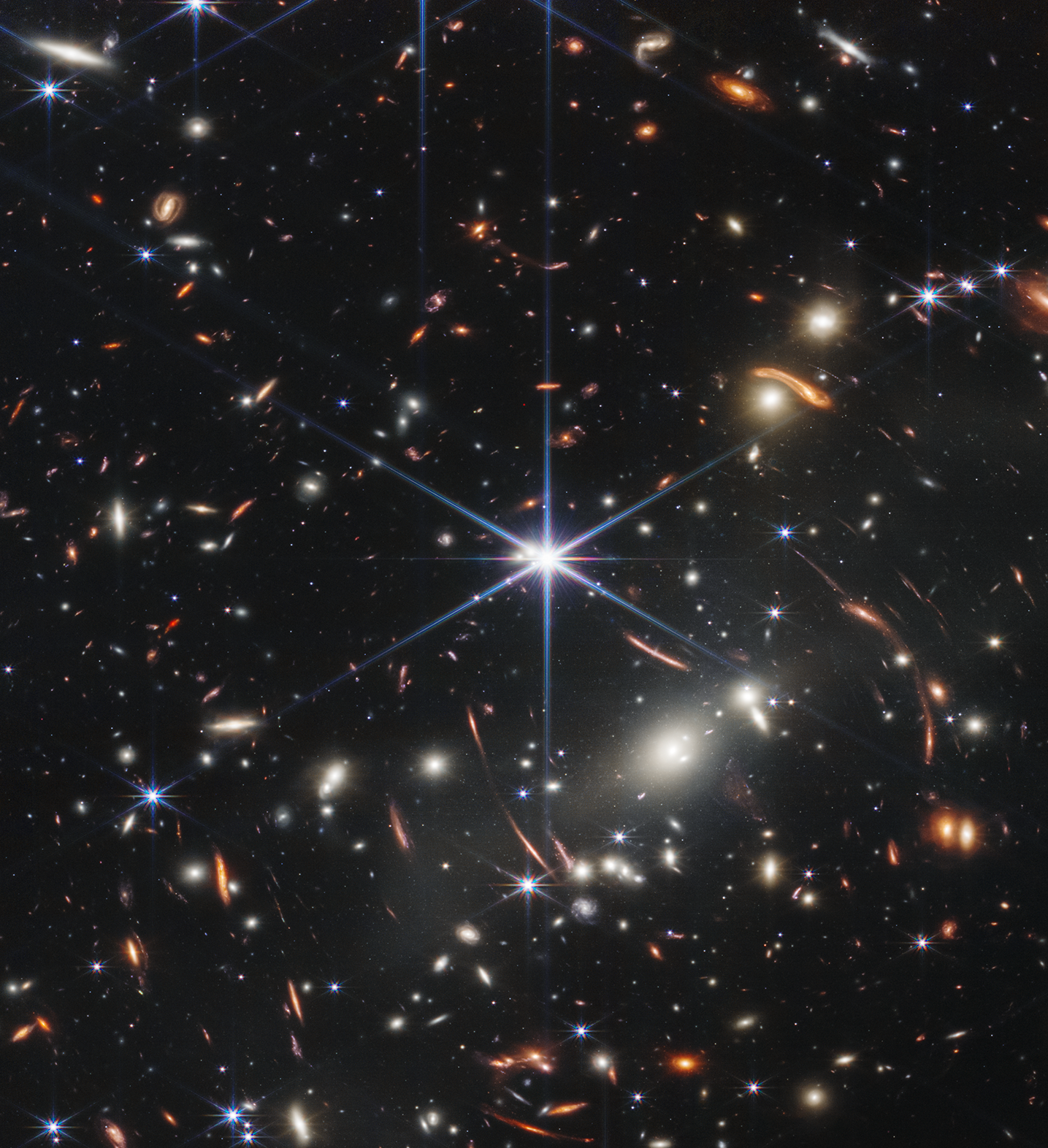
Cosmology Revisited
More and more it seems to me that like two vectors in space, the idea of God and the idea of the universe are starting to converge for me.
In a previous article, I discussed how cosmology determines theology, and I asked the question what might our current understanding of cosmology mean for theology?
Well, for starters, if the universe truly expanded out of nothing but the quatum fluctuations in space-time, that sounds a lot like Paul Tillich’s view of the ground of being.
And if there is a multiverse, then the same would apply at an even grander scale.
One thing about most discussions about the multiverse though, is that many atheists assume that a God is not in the running for causes, so to account for apparent fine-tuning in our universe, they imagine a multiverse chock full of universes incapable of producing life like us. And somehow we just got lucky to be in the right universe.
Seldom heard is the counter-argument to say if a God exists, could God create an infinite number of universes, each finely tuned for life?
To me that is a mind-boggling idea, that should be considered.
That said, one place I’ve not been able to arrive at yet is the idea of God as a person. There is probably a greater distance between the ground of being and humans than there is between humans and ants.
At what stage of consciousness does the word person no longer apply?
I don’t know but a substrate that is eternal sounds like a good criterion.
In closing, the more I read the Stoics and the Deists, the more I’ve convinced that if God is the creator or the substance of the universe, then God’s mind is more like the workings of the universe than like a human mind.
This is hard for many fundamentalists to wrap their mind around because they can’t separate the idea of the nature of the Godhead and their beliefs about an ultimate Being that they worship.
But even orthodox Christianity has this understanding that God the Father is unknowable apart from his self-revelation in Christ, so this shouldn’t be that hard of an idea.
But as I’ve opined before, many fundamentalists want the nice packaging. They want what will make them feel nice and secure. Who wouldn’t?
Maybe an ultimate Being does exist, but I’m more inclined to believe that God is the ground of being more than a Being itself because even if God is a Being, by his very definition, God would have to be so transcendent, that apart from revelation such an Ultimate Being is indistinguishable from the ground of being.
The cool thing about this view of God is that whether you want to be a metaphysical naturalist or a substance dualist, there is room at the table for wonder and gratitude.